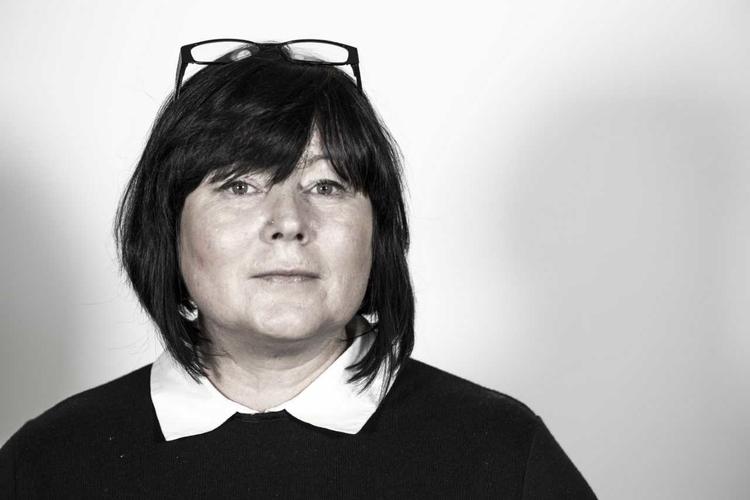How to respond when one child does well and another does less well (or fails) in exams

We all know that there is an increasing pressure to perform well academically in order to be successful in an increasingly competitive world; we also understand that not all children are high academic performers, some children barely scrape through their academic assessments or perform poorly. So, how can parents best navigate the difficult situation of one child (of a pair of siblings) doing well in their exams and another child not doing as well, or even failing?
First, we must take care to ensure that parents do not compare the results of the children concerned with each other or with other children; do not praise one and not the other and certainly do not get angry or belittle the child who does less well by saying things such as “you should have tried harder” or “oh well, you tried your best”. Also, do not ignore the failure or brush it off as a “bad assessment” – parents need to learn that children learn from their mistakes and that it is part of their natural development process.
Parents should be supportive. Talk to both children about the benefits of failure by reframing them as normal and necessary for learning; indeed, if mistakes are not made, how does one learn? There will be episodes in each child’s history that can be used as an illustration of this point.
Parents should talk to each of their children about what they want to achieve, and discuss realistic ways that their goals can be achieved. If a child who has just failed their A Levels wants to be a cognitive neuroscientist, rather than dismiss the potential to achieve their goal, discuss what they will need to do in realistic terms. For example, resitting their exams or their final year and strategies that can help them navigate the assessments more successfully in future; this may involve extra tuition or mentoring. Also discuss a ‘Plan B’ if the resits are also failed and discuss what other career pathways they might be interested in. There are always vocational pathways that can be taken!
Importantly, parents should not ignore the child who has done well, by all means congratulate them, but not in a way that excludes their sibling who has done less well, or even failed. Both children should be taken out for/given a treat, after all they have both undertaken assessments that exceed GCSEs. Parents should be a role model in how to navigate successes and failures; model self-compassion. After all, everyone makes mistakes and everyone has successes. Experiences should be shared.
Of course parents should not wait for a child to fail before teaching them how to navigate failure; rather parents should teach their children from the start that they should see failure as a means of developing rather than as a reason to get depressed. They should teach children to learn from failures and not resort to them, even when it is hard to do so. After all, children need to be prepared for the competitive nature of life, work and everything.
Dr Elle Boag, Social Psychologist at Birmingham City University
About Birmingham City University: With over 23,500 students from 80 countries, Birmingham City University is a large, diverse and increasingly popular place to study. The University puts students at the heart of everything it does, giving them the best opportunities for future success.











Responses